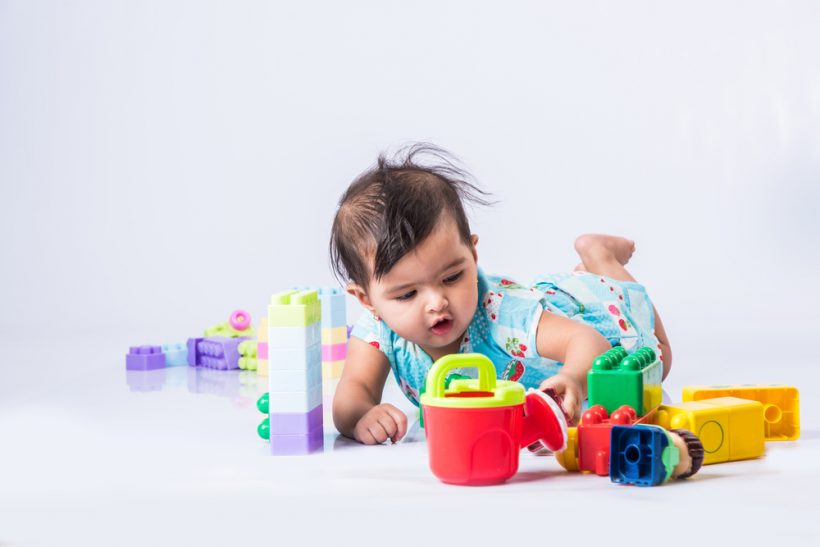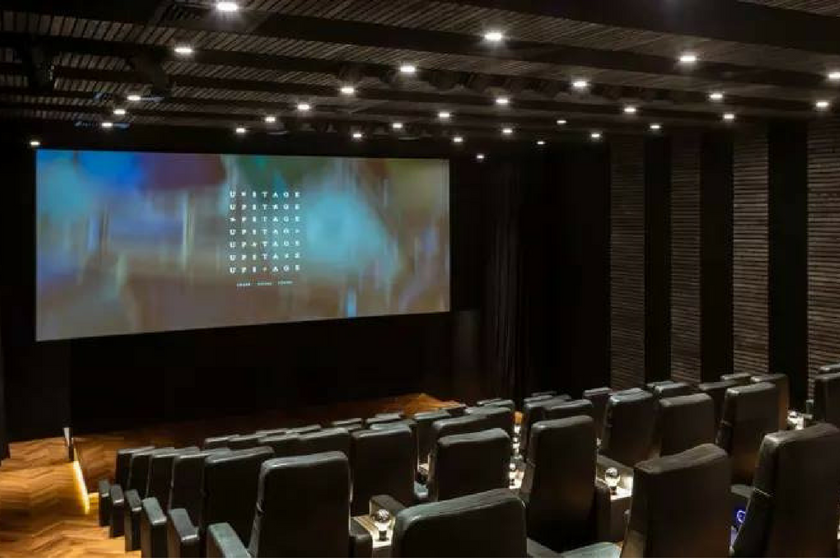We’ve all heard the statement “if there is silence you know they are up to mischief”. It is almost assumed that children can’t play by themselves and if we don’t hear something they are probably up to ‘mischief’. However, this statement has not held good on most occasions. I’ve walked into rooms wondering what could possibly be happening and have seen children reading a book, playing with a toy quietly, pretend to play and putting their “babies” to sleep, colouring and making cards for their friends.
You may also like: What is the right age to introduce your kids to science?
What inhibits our children’s ability to play independently?
Often parents have asked us – ‘How do you get children to play independently?’. It’s not something that happens overnight, it’s a behaviour you need to cultivate over time. But it’s certainly a behaviour that can be encouraged in children from the day they are born. Children today are becoming incredibly dependant on constantly being entertained. A large portion of this behaviour comes from the world that we live in – which is all about instant gratification, and content that is always available. It’s easy to put a child in front of a screen and have them not interrupt us.
Another factor that plays hugely into feeling like we constantly need to play and engage with our children is the element of guilt. Guilt arising from our busy work lives and having to juggle it with family time. As parents, we feel the best way to combat it is to then spend every waking minute doing something with our child. So if we don’t give our children time to actually be by themselves then when will they learn to play independently?
You may also like: Here is what your toddler needs to learn
Benefits of Independent play
Encouraging independence in play has long-term benefits to a child’s development. The ability to be creative and use their imagination, developing the skill of being a self-starter, the ability to problem solve, developing of leadership skills are just a few important skills that children develop when they play independently. Children born in today’s world are going to need these skills more than we ever needed them – to be to able navigate the world we live in. The job requirements 10-20 years from today is going to demand these skills over textbook knowledge and grade cards. And it is important for parents and educators to acknowledge that all of these can be acquired through play and by encouraging and allowing children to play independently.
How can you encourage independent play?
Let them be bored:
It is most important that children get bored. Boredom is good, boredom sparks the imagination, boredom makes them find toys out of the most ordinary and mundane of things. When children are bored and if you let them be (yes that includes ignoring the constant whining and the requests to be entertained) you will find that your child will slowly but surely start finding ways to combat their boredom in their own.
Invest in toys that encourage independent play:
Kitchen sets, dolls, lego, crayons and paper, books, real kitchen utensils and puzzles are some of the most basic toys that allow a child to play by themselves. We need to encourage children to constantly create and the toys we pick need to be carefully curated to do this. At Papagoya we purposely don’t have an overload of toys. We always ensure that when we invest in toys they need to meet three important criteria 1. Can the child play with this toy multiple times over, in many ways and not get bored? 2 Does this toy allow for the child to be creative and imaginative? 3. Can this toy encourage independent and collaborative play?
We encourage parents to use the same criteria when investing in toys for their children. Books are a wonderful way to encourage children to keep themselves engaged. The right toy fosters the right kind of play.
You may also like: The importance of outdoor play for kids
Encouraging play in different places:
Often when we expect children to play independently we want them to do this ‘in their rooms’ and hence almost banish them to their rooms. They start viewing their rooms and hence play as a place when an adult doesn’t want them around. Have baskets of different toys in different areas around the house – so while you are reading the paper for example in the morning, they could bring a book from a basket of books in the drawing room and sit next to you and read. If you are in the kitchen, allow them a certain shelf of utensils that they can play with or have a set of fun magnets on the fridge that they are allowed to play with. Independent play is not play that is done in isolation as much as it is play done with not necessarily needing adult intervention.
Increase free play time, limit TV time and extra curricular activities:
When we pack our children's day with activities and classes we leave them no time to be themselves, to be creative. The little time that is left, is then when they are most tired. Large amounts of screen time limit a child’s ability to self-regulate and again gives them no need be imaginative in the way they entertain themselves. Free-play time is incredibly important for children and this time at Papagoya is absolutely sacred. Our educators play a passive role and ensure safety but other than that, free play time is when children decide where what and with who they want to play.
It’s imperative that we establish that independent play is a not ‘punishment’. On our part, it’s also important to know that we can’t expect a child to not come and talk to us in the middle or want us to have a ‘cup of tea’ they made or marvel at the puzzle they are piecing together. They need our reassurance, they need our praise and they need to see that everyone in a family can be together and yet, do their own tasks and activities.
If your child is not an independent player – ease them into it slowly one step at a time. Encourage them to pick an activity and do it while you are in the same room. Children learn and emulate what they see around them and use us as their role models.
You may also like: On what we need to teach our kids about food
Don’t forget to follow us on Facebook, Twitter, Instagram & Pinterest or subscribe to our Youtube Channel for more information



















